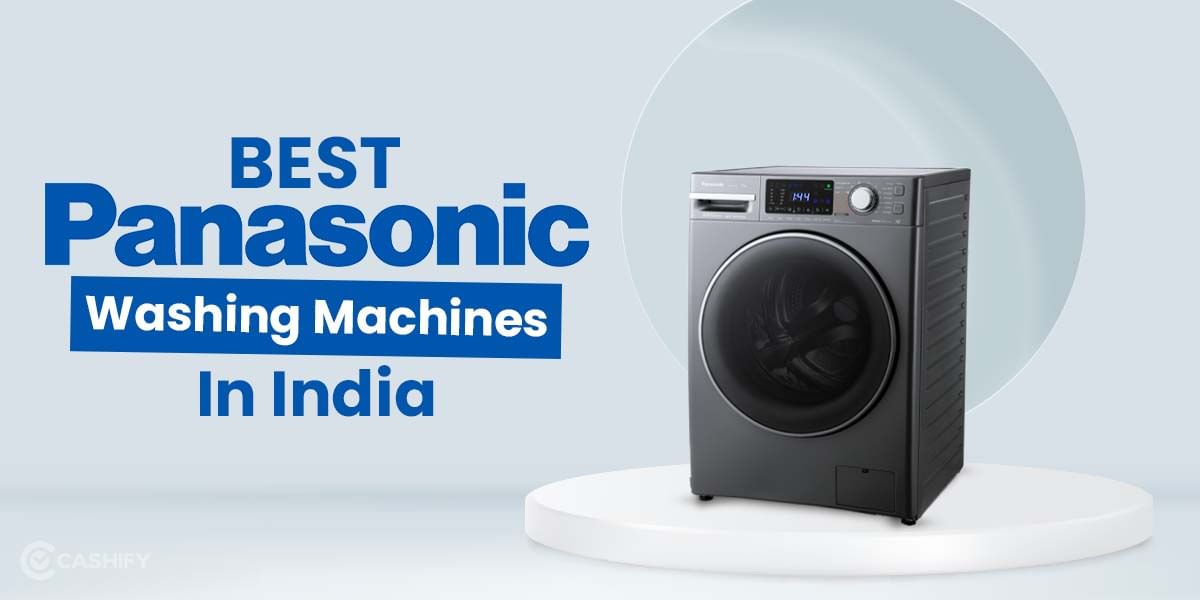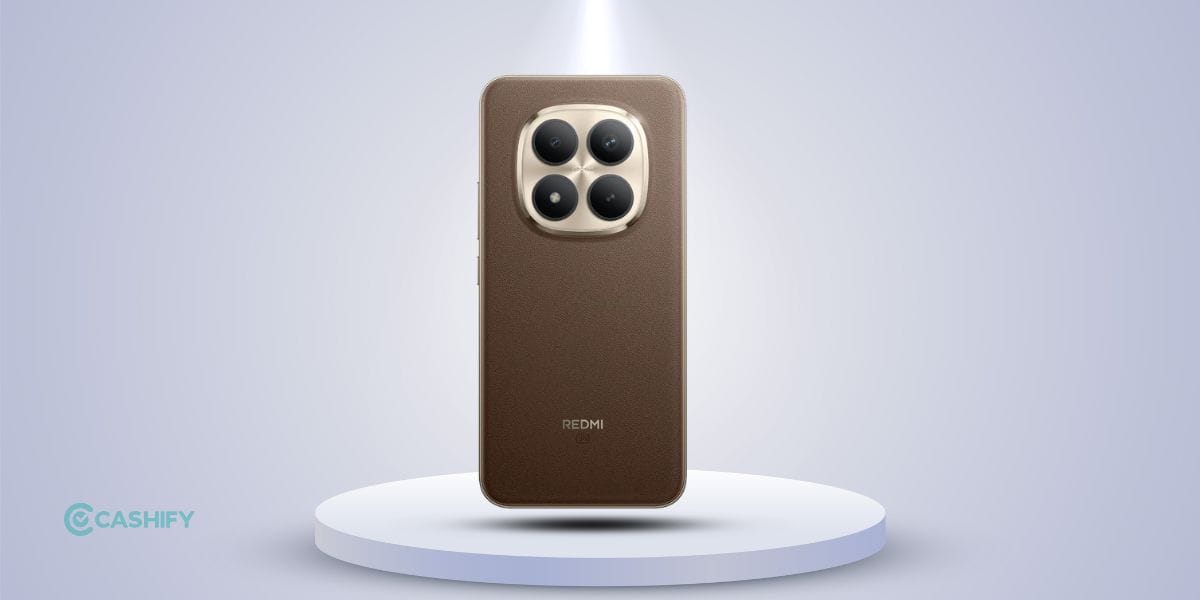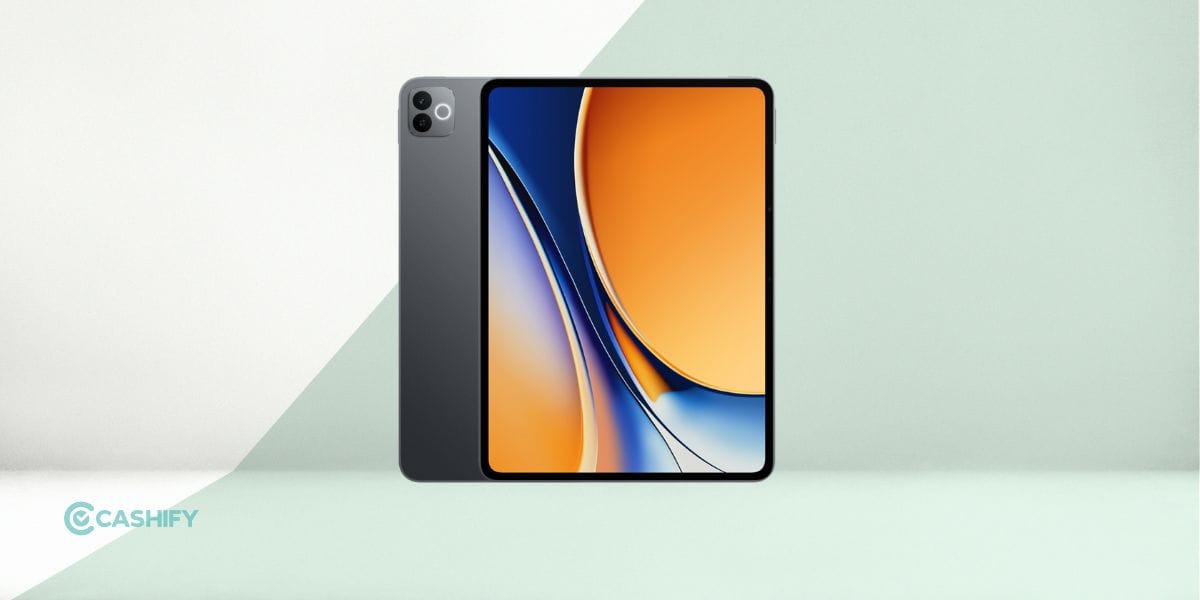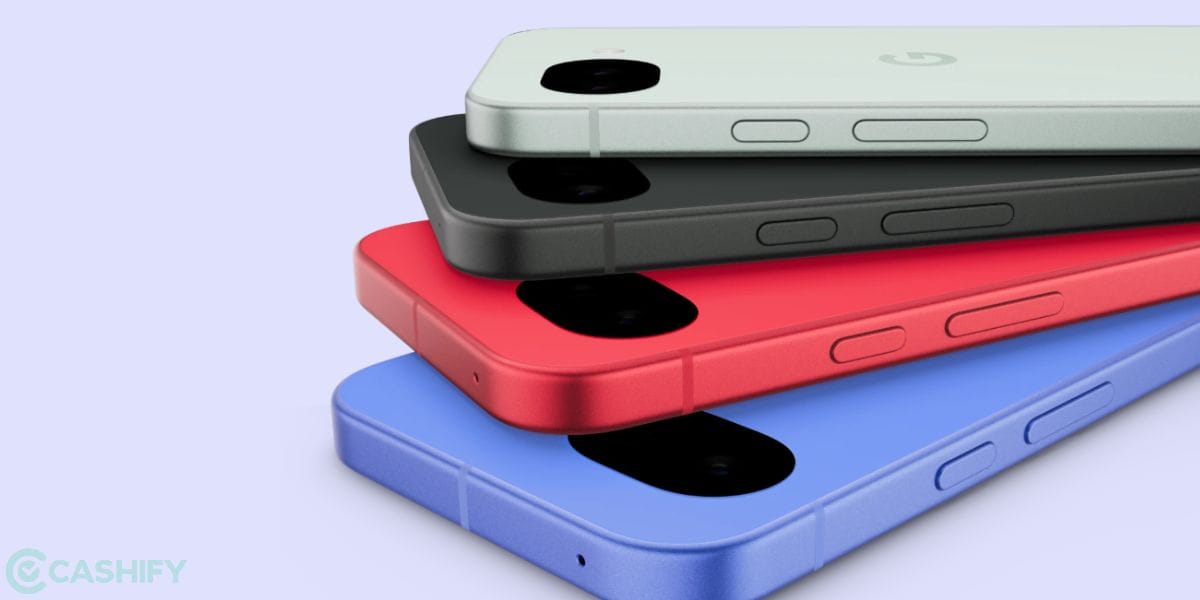Introduction
Oppo Reno 4 Pro made it to India on July 31st with its vibrant 6.5-inch Super AMOLED panel, 90Hz refresh rate, a 4000 mAh battery under the hood with a Snapdragon 720G processor and a whopping 65W SuperVOOC 2.0 fast charging tech. It is the successor to the last-gen Oppo Reno 3 Pro and does manage to bring a lot of improvements and design changes. Oppo released it a few weeks after its release in China although an LTE version is available in India at the moment.
Read More: Latest Smartphone Reviews
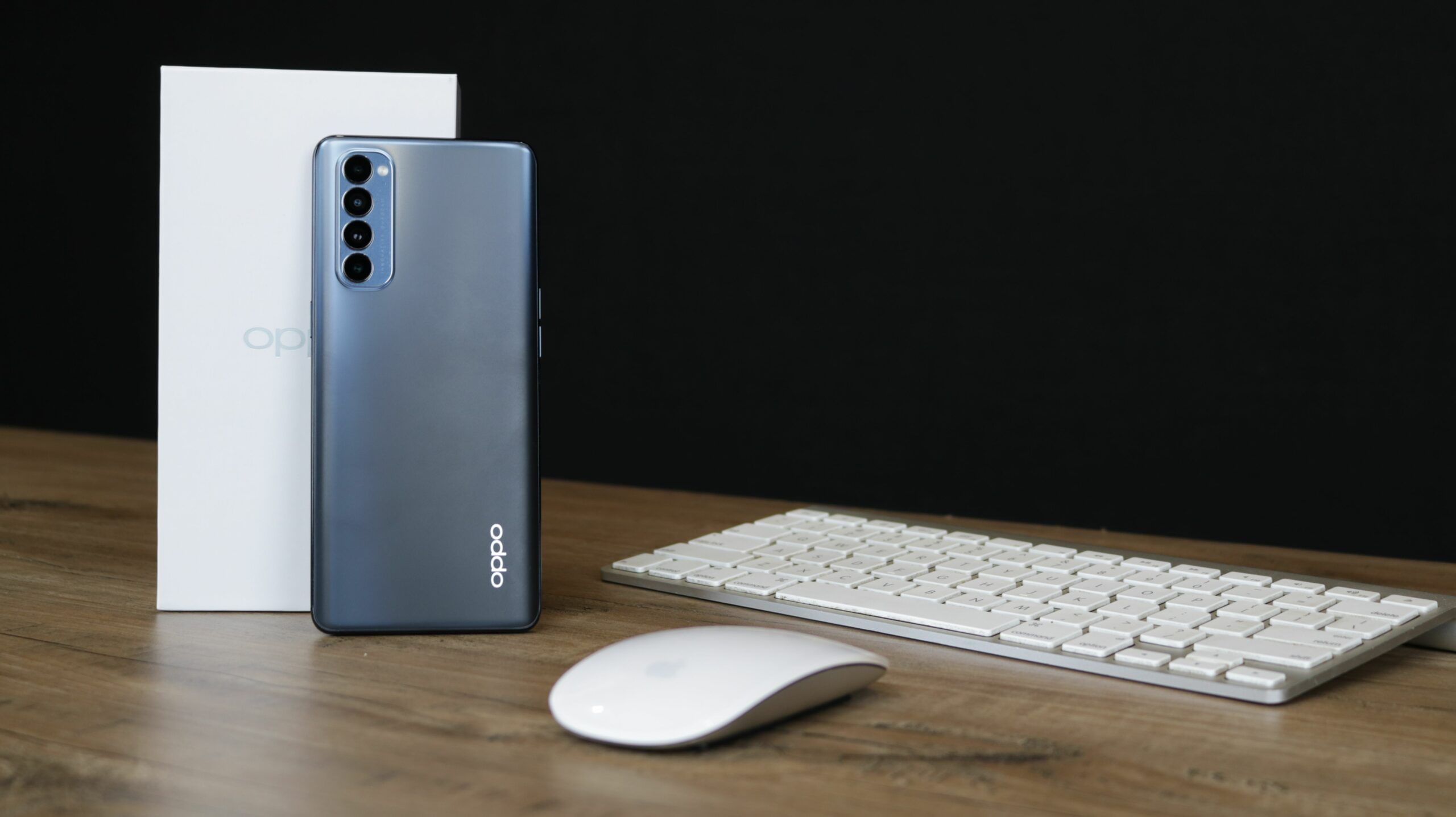
Here, we have reviewed the Oppo Reno 4 Pro after trying it out for several days.
Prices in India, Variants, Availability
After its massive release in China, Oppo Reno 4 Pro made it to India on July 31st with a price tag of Rs 34,990/- for its 8GB+128GB variant. The phone is available in two colour variants i.e. Starry Night and Silky White and underwent its first sale on August 5. There’s only one variant available on Flipkart right now i.e. 8+128GB. It is available with a tonne of deals and discounts such as No cost EMI, extra on Exchange, Buyback Guarantee, and others.
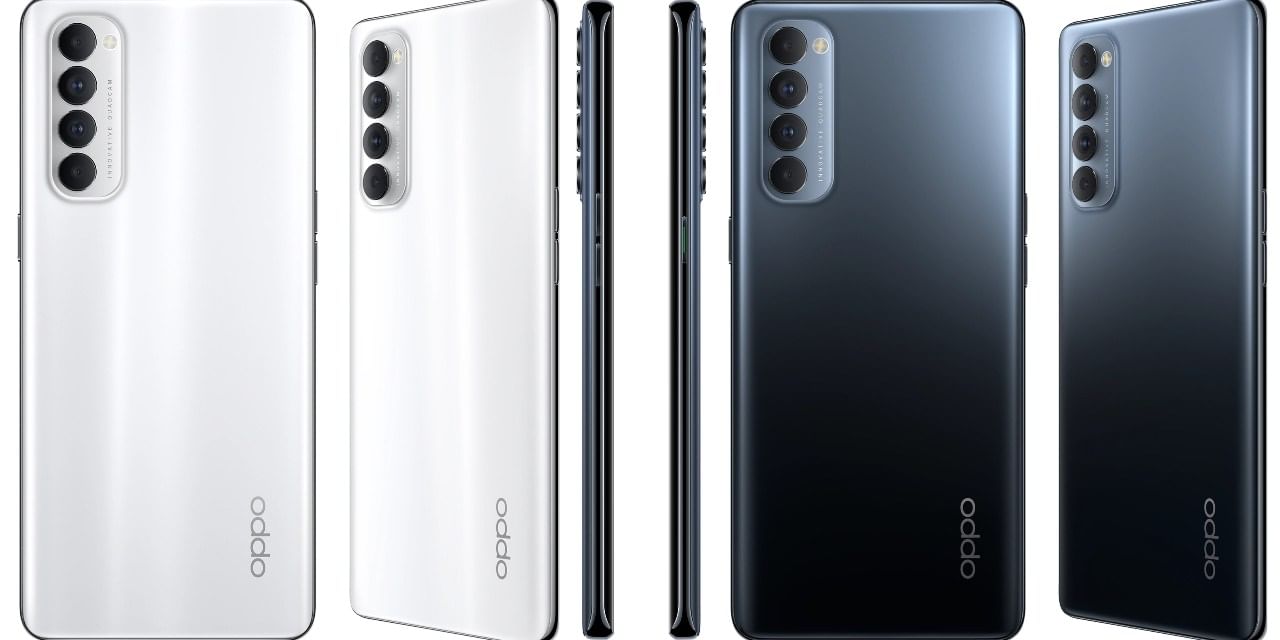
Box Contents
Oppo reno 4 Pro comes in a teal green box packaging with a white box that holds the contents.
- Oppo Reno 4 Pro
- Transparent Plastic case
- User Guide
- USB Type-C Charging Cable.
- 65W SuperVOOC 2.0 adapter
- 3.5mm Earphones.
- SIM ejector tool.
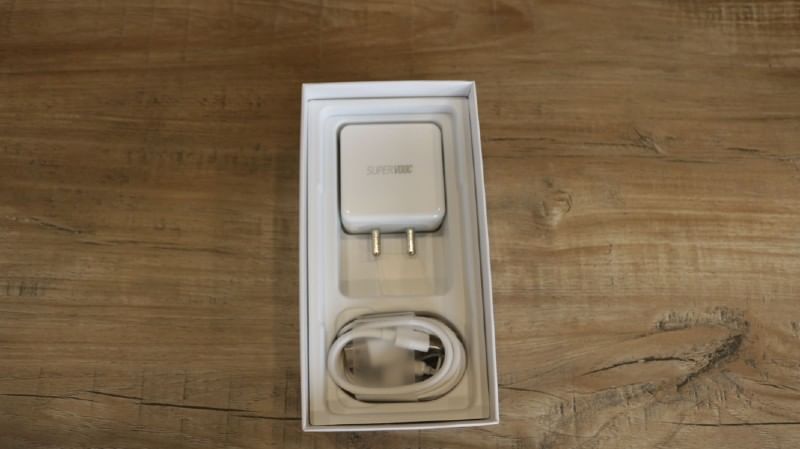
Specs at a glance
Here is how the Oppo Reno 4 Pro looks like on papers:
- Display: 6.5-inch sAMOLED display, 90Hz refresh rate, HDR10, Gorilla Glass 5
- CPU & GPU: Qualcomm Snapdragon 720G, Adreno 618 GPU
- RAM & ROM: 8GB RAM, 128GB ROM, UFS 2.1 ROM
- Software: Android v10 based on Color OS 7.2
- Rear cameras: 48MP main camera + 8MP wide-angle + 2MP macro + 2MP mono
- Selfie camera: 32MP
- Battery: 4000 mAh, 65W superVOOC 2.0
- Weight: 161g
- Dimensions:160.2 mm x 73.2 mm x 7.7 mm
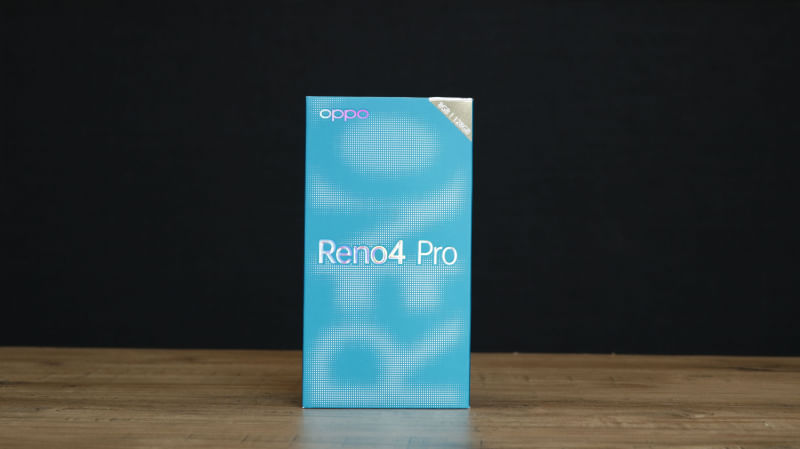
Design and Build
Oppo has a few well-designed phones up its sleeves and Oppo Reno 4 Pro is one of them. It is among the lightest at 161 grams that makes it easier to hold even if you are a one-hand user. Although the overall built quality is good, Oppo is using a plastic back and frame which is a co-polymer PC resin-based plastic. This adds durability while taking away the feeling of having a glass back which has become a norm in mid-range to flagship phones but the plastic has aided in bringing down its weight.
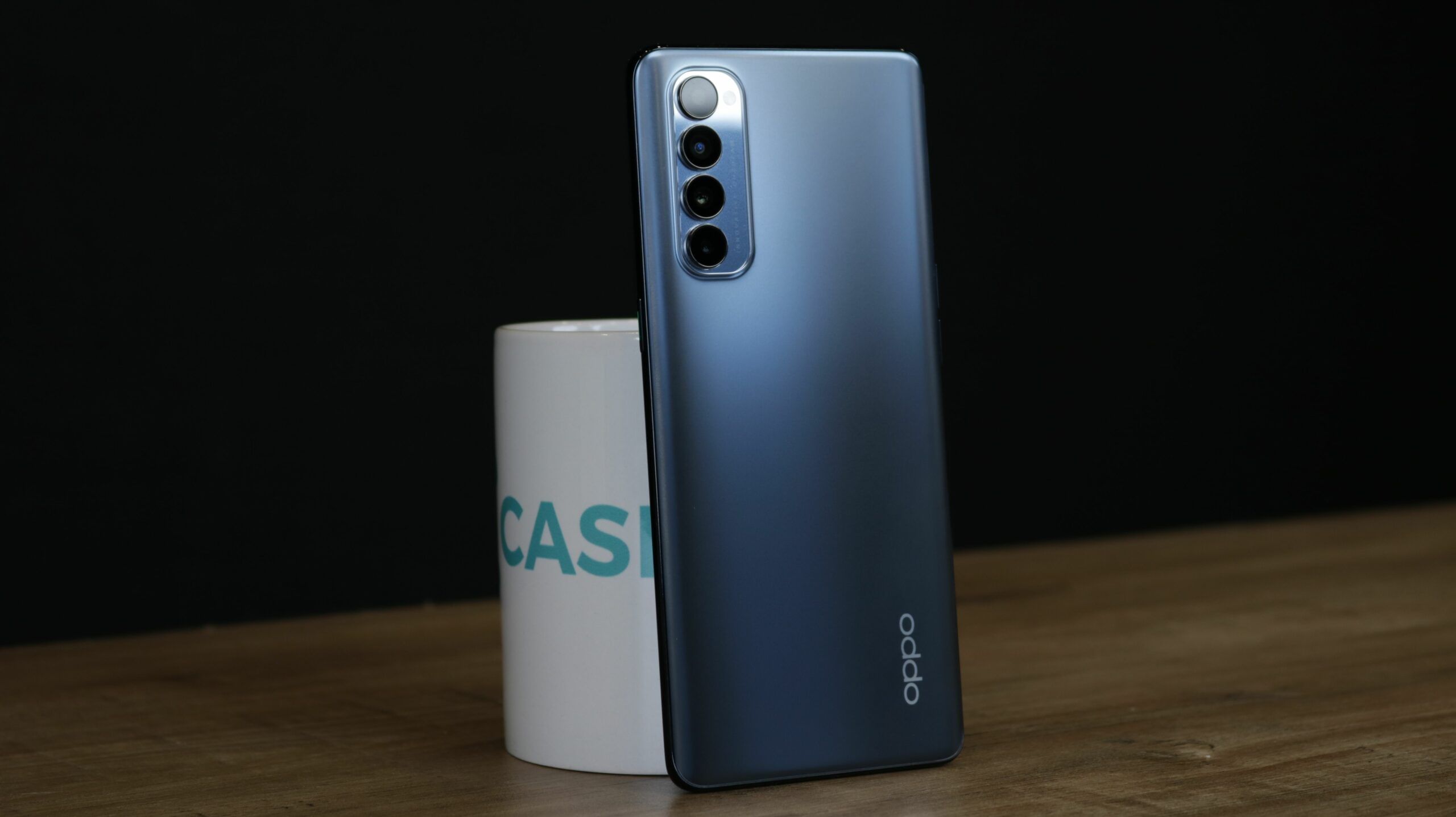
The front has a curved display that looks flamboyant. There’s a tiny punch-hole to the top-left corner of the display that houses its front camera. The top bezel and chin are considerably thick while the side bezels are trimmed for a flagship experience. On the back, you’ll find a vertically stacked quad-camera setup with each sensor individually protruding above the back panel; unlike other phones that have all the sensors housed under a glass top.
A protective outer ring on all four sensors will prevent the lenses from brushing or scratches; although we would recommend getting a phone case to prevent any unwanted scratches on the back. And yes, the back panel is a fingerprint magnet as well; so good lock with scrubbing off the fingerprints if you aren’t using a phone case or at least a skin.
Talking about the sides, you’ll get a USB Type-C port at the bottom along with a 3.5mm headphone jack., a bottom-firing loudspeaker, and a primary mic. The power button resides on the right side while the volume rockers are located on the left. There’s a dual SIM Card slot on the top with a dedicated memory card slot and a secondary mic.
Display
The display tech used on Oppo Reno 4 Pro is a 6.5” Super AMOLED panel with 1080×2400 pixels resolution and a 402 PPI density. The display has a 90Hz refresh rate and comes with HDR10 compliance for a vivid viewing experience. It has a Corning Gorilla Glass 5 on top for protection from several drops.

Since we are talking about a Super AMOLED panel, Reno 4 Pro wouldn’t disappoint you with its vibrant and vivid display; curved on the sides giving it almost no bezels on the sides. The display has an aspect ratio of 20:9 that makes it tall which is great for landscape gaming and watching movies on it. The display has a 90Hz refresh rate which is 50% faster than what standard Reno 4 or any other phone with a 60Hz refresh rate operates. You can set it to run on 90Hz or 60Hz. Gaming on 90Hz is like an out-of-the-box experience although you will have to look out for games compatible with 90Hz refresh rate. Its touch sampling rate can go as high as 180Hz which is another USP.
Oppo advertised that it reached a peak brightness of 1100 nits although the display could reach 843 nits on Max Auto mode. This isn’t as extrinsic as the advertised brightness; but it is far better than its competitors such as Sony Xperia 10 II, Xiaomi Mi 10 Lite, Vivo X50 Pro, and others. The phone has two colour modes i.e., Vivid and Gentle where the former has a rating of dE2000, DCI-P3 with excellent sub-2 results and the latter has dE2000~10. The display is HDR10 compatible and allows it to stream HDR content on Netflix and Amazon Prime among other platforms.
Performance
The performance on the Oppo Reno 4 Pro is carried out by a Snapdragon 720G processor manufactured on an 8nm node; with octa-cores clocked a maximum frequency of 2.3GHz plus, an Adreno 618 GPU sits on-top of it to take care of the graphics processing. The device has 128GB/256GB of UFS 2.1 storage system although only the former is available in India along with 8GB of RAM.
We tested the phone with several benchmarking tools such as it scored 569 points on a single-core test on GeekBench 5.1 while the multi-core test is at 1,781 points. AnTuTu 8 listing gives a score of 2,61,359 points. It is higher than Oppo Reno 3 Pro, Xiaomi Mi Note 10 Lite while lagging behind Samsung Galaxy A71, Xiaomi Redmi K30 and so on.
The phone’s performance is great but it does have limitations given the fact that Snapdragon 720G is outdated when compared to the newer Snapdragon 765G; which is more powerful while some of the competitors are even using the flagship range of Snapdragon processors like Snapdragon 855 on Redmi K20 Pro; or OnePlus 7T that comes with Snapdragon 855+ in the similar price range.
Software
Oppo Reno 4 Pro comes pre-loaded with Android 10-based ColorOS 7.2 which is the latest version of Oppo’s custom UI. No doubt it will get Android 11-based ColorOS 8 once it is available later this year. The ColorOS 7.2 has made quite a few improvements on top of its previous version. It now gets a customizable app icon since you can select from the various icon packs available; or download one of your own.
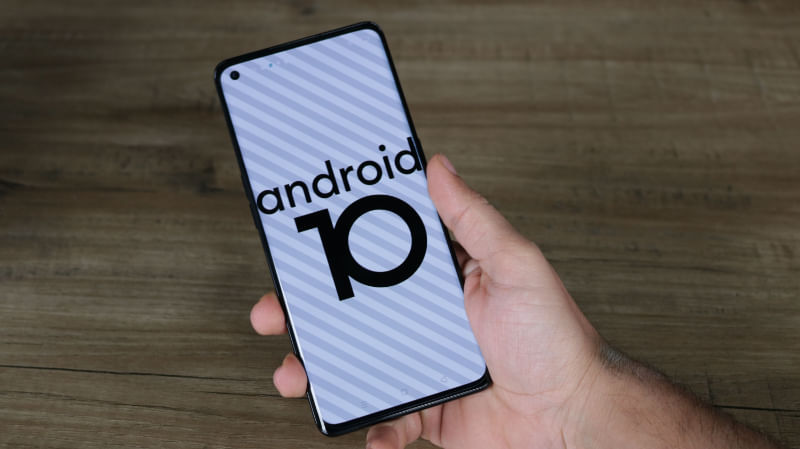
You can do various navigation including Swipe Gestures on-board. There’s a Smart Sidebar that gives access to a toolbar consisting of shortcuts to apps and actions you usually use or you can customize it further. The Always-On Display is now available.
Cameras
Oppo has made considerable changes to the camera tech on Reno 4 Pro. It now includes a quad-camera setup at the back which includes a primary 48MP sensor with f/1.7 aperture, PDAF, 0.8micron pixel size; a secondary 8MP ultrawide sensor with f/2.2 aperture, 119° FoV; a tertiary 2MP macro sensor with an aperture of f/2.4 and a similar depth sensor sitting on the fourth position. On the front, there’s a 32MP selfie shooter with an aperture of f/2.4 sitting on the top-left corner of the display in a punch-hole cutout.
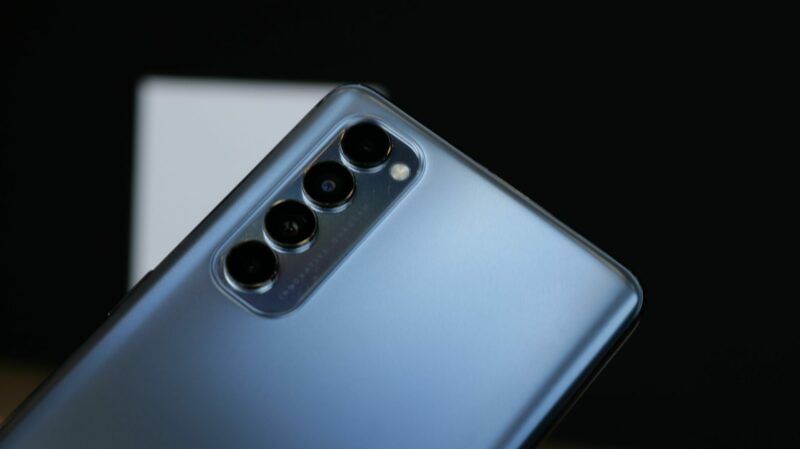
The image quality on Reno 4 Pro’s primary sensor is nice with details and sharpness retained in a daytime shot. The noise when clicking solid objects is still there by the dynamic range has been enhanced with well-balanced colour production. There’s a Dazzle Color mode that takes the colour saturation to a sky-high. You can capture images at 2x and 5x zoom; although the latter wouldn’t have all the details retained since it is not lossless. The ultrawide sensor can capture images at 119° and doesn’t have the chops of the main sensor but it does manage to capture quality images with its 8MP sensor. Low light photography is well-lit, detailed but noisy at times. The only way you can capture shots with a macro sensor is by diving into the Expert mode with its worth the hassle.
Selfie shooter does its work as well by detecting and isolating the subject with blurred backgrounds and properly detected edges. All the details are retained since it captures images at 32MP without any pixel binning. The HDR was a turn off as it didn’t work but overall it is good. The front camera can capture video at 1080p at 30 and 120 fps with gyro-EIS; while the rear can capture videos at 4K@30fps yanking it up to 120fpss@1080p.
Battery
Oppo Reno 4 Pro is equipped with a colossal 4,000 mAh battery sitting under the hood and it is paired with a 65W SuperVOOC 2.0 fast charging technology. The battery scored an endurance rating of 96 hours. This includes 18:48 hours of continuous video playback, 11:30 hours of Wi-Fi internet surfing on a single charge. No doubt a 4,000 mAh battery would last at least a day even if subjected to a mix of moderate and heavy usage. The 65W SuperVOOC 2.0 tech allows the user to charge the battery in just 36 minutes which is unbelievable but true. It is also one of the fastest charging speeds available on a commercial smartphone; although too many chargers will affect the battery’s maximum charging potential after a few hundred cycles.
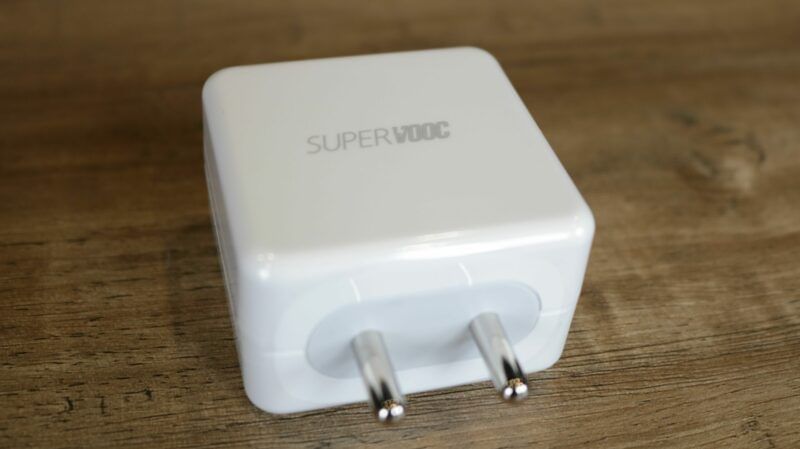
Audio, Connectivity, Biometrics
The fingerprint scanner is affixed under the display and allows blazing-fast unlocks in a blink of an eye. This is the most convenient unlocking mechanism; although you also get facial recognition that uses the front cam to detect authorized users and grant access to the phone. Then there are the usual PIN, pattern, and password-based unlocking systems in case you don’t want to or can’t use the fingerprint and facial recognition feature such as when it’s nighttime or when your fingers are greasy or oily.
There’s no 5G which is good since India doesn’t have any 5G infrastructure yet. The phone supports Wi-Fi 802.11 a/b/g/n/ac i.e. Wi-Fi 5 with dual-band 2.4GHz and 5GHz support. It also supports Bluetooth v5.1 along with aptX HD, A2DP, and LE. When it comes to its GPS, it supports all navigation systems including GNSS, QZSS, BDS, A-GPS, Glonass, and Galileo alike. There’s an FM radio included along with a market-dependent NFC.
When tested for its speaker, Oppo Reno 4 Pro sports a single loudspeaker at the bottom. It scores a -28.4 LUFS rating on the loudness test which is below Oppo Reno 3 Pro and Reno 3 Pro 5G’s -27.4 LUFS and -25.2 LUFS ratings since the lower is better. Overall, the loudspeaker is average and between the two aforementioned predecessors so hopefully, not that bad and not better either. The audio quality on Reno 4 Pro is good as well.
Pros & Cons
Pros
- Lightweight and compact at 7.7mm thickness
- Superb battery life
- Excellent Super AMOLED panel
- Good quality camera setup
Cons
- It is expensive as per the specifications offered.
- Could have incorporated a batter processor, maybe SDM765G
- All plastic built
Oppo Reno 4 Pro competes for head-on with the likes of Samsung Galaxy A71, Vivo X50, and others. There are some pros and cons that make Reno 4 Pro stand firm or kneel depending upon how you see it. The processor is a major blowback given that a cheaper onePlus Nord uses a powerful Snapdragon 765G. But there’s a 3.5mm headphone jack and microSD on Reno 4 Pro which Nord lacks. A Redmi K20 Pro that would cost you almost the same price sports a Snapdragon 855 processor.
Anyways, the Reno 4 Pro has a pretty awesome curved Super AMOLED HDR10 90Hz display which is its major USP. Its large-sized battery with 65W fast charging is something you should look for. On the other hand, the camera quality is stunning, but not that great to be WOWW for this price and the phone uses plastic build which is a big NO if you are paying a whopping Rs 35K on a phone.












